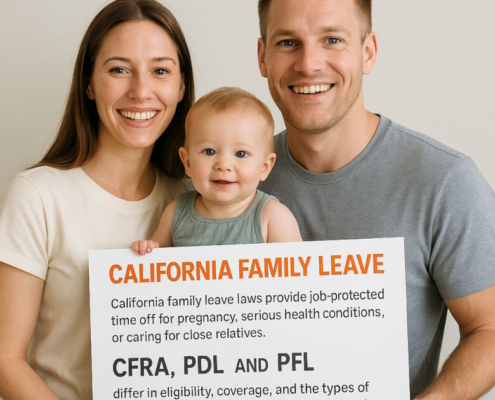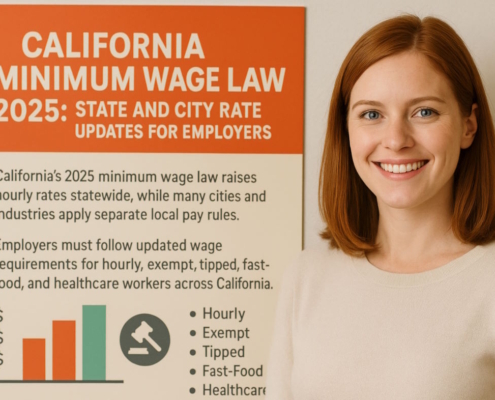Employees may be considered exempt if they are paid a minimum salary of $62,400 per year and perform the job duties of one of the exempt professions, such as licensed professionals, executives, managers, supervisors, etc.
What is the definition of an exempt employee?
An exempt employee is an employee who does not receive overtime pay or qualify for minimum wage. Under California law, the kind of employees who are exempt employees generally have a white-collar job, earn an annual salary rather than an hourly wage, and are not entitled to overtime pay. Exempt employees in California typically must earn a minimum monthly salary of no less than two times the state minimum wage for full-time employment. To be an exempt employee, a worker must meet three requirements, discussed below. For more information on exempt employees, please contact our employment attorney for overtime pay.
What are the 4 part tests to determine exempt or nonexempt employees?
Certain categories of employees are exempt from California overtime pay. In order for an employee to be exempt from overtime pay, a three part test must be satisfied:
- Test 1: Minimum Salary Requirement. As of 2023, to be exempt from overtime pay, exempt employees must be paid at least $62,400 per year. That means the employee must be paid at least $1200 per week to be exempt from overtime pay. To meet the compensation prong of the exemption, the employer must pay a predetermined amount that is not subject to reduction.
- Test 2: Executive, Administrative, and Professional Employees. Persons employed in an administrative, executive, or professional capacity are exempt from California law’s minimum wage and overtime pay. An executive who is exempt from overtime pay is anyone whose duties and responsibilities must involve management of the company, or department within the company e.g., HR, Finance, Sales, etc. An administrative employee who is exempt from overtime pay is anyone who oversees management policies or general business operation of the company or customers. A professional employee exempt from overtime pay is anyone who has a license for a profession e.g. doctors, lawyers, brokers, etc.
- Test 3: Primarily Engaged In. Workers employed in an administrative, executive, or professional capacity must be “primarily engaged in” duties related to their title or profession.
- Test 4: Exercise Independent Judgement. The exercise of discretion and independent judgment implies that one has authority to make an independent choice, free from immediate direction or supervision. However, discretion and independent judgment can be exercised even if the decision or recommendation is reviewed at a higher level.































